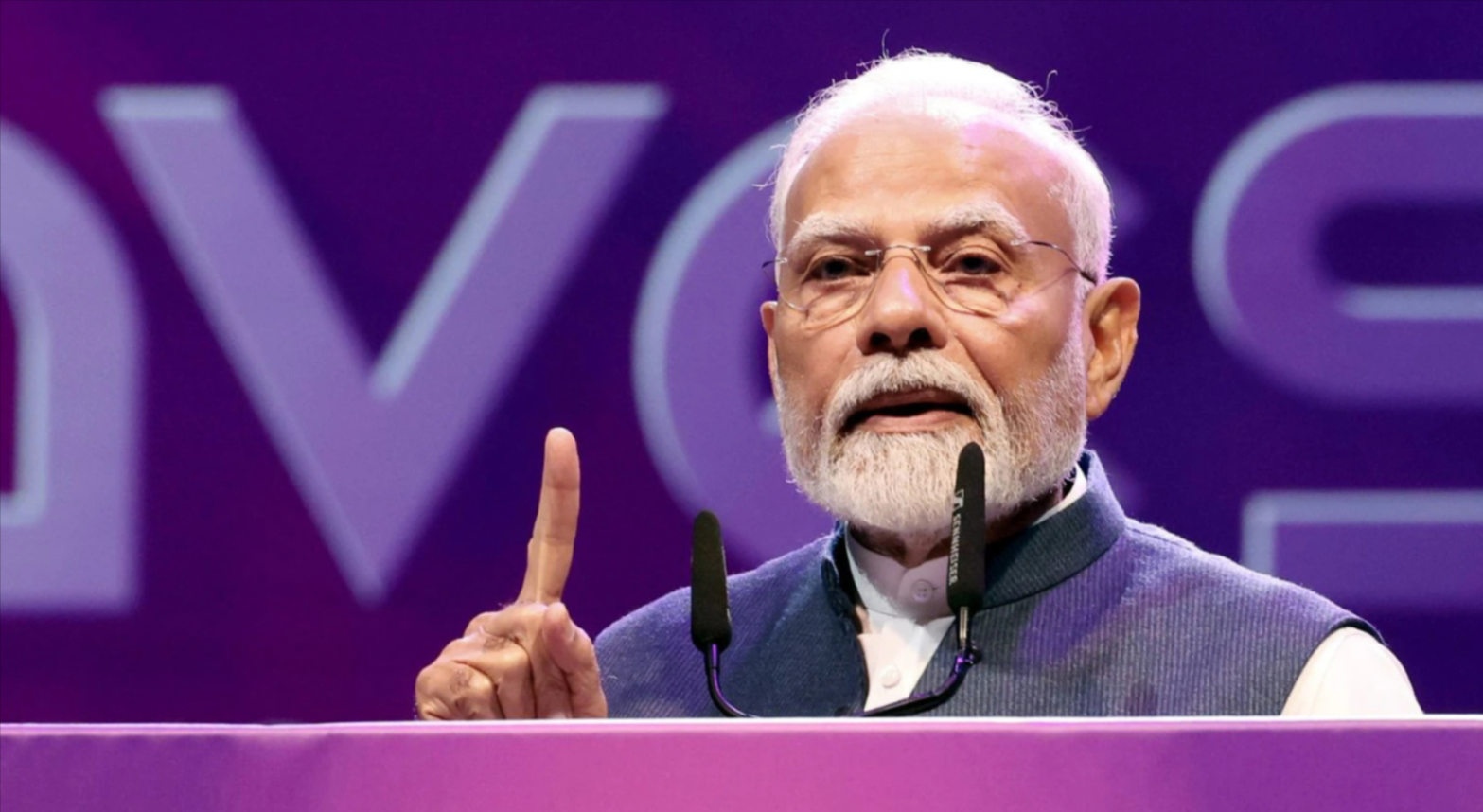Centre notifies four new labour codes
They replace 29 fragmented laws, some dating back to 1930s, and promise gender pay parity Contract workers to receive benefits; gig work, platform work, and aggregators are defined PM hails Codes as ‘comprehensive’, while trade unions call them ‘pro-employer’ and ‘anti-worker’The Centre on Friday notified all four Labour Codes, ushering in major reforms, including extending universal social security coverage for gig workers, promising gender pay parity, expanded rights and safety for women workers, giving statutory backing for minimum wages, and introducing fixed-term employment.The Code on Wages (2019), Industrial Relations Code (2020), Code on Social Security (2020), and the Occupational Safety, Health and Working Conditions (OSHWC) Code (2020) had been held back due to protests from trade unions, which continue. In a joint statement, 10 Central Trade Unions called the Codes an “anti-worker and pro-employer” reform. The laws, which came into effect on Friday, replace 29 fragmented laws, many of which date back to pre-Independence and early post-Independence eras (1930s-1950s).
Prime Minister Narendra Modi described these as “one of the most comprehensive and progressive labour-oriented reforms since Independence”. He said these laws will serve as a strong foundation for universal social security, minimum and timely payment of wages, safe workplaces, and remunerative opportunities.
“It greatly empowers our workers. It also significantly simplifies compliance and promotes ‘Ease of Doing Business’,” he said in a post on X.
Union Labour Minister Mansukh Mandaviya said the Codes will formalise employment, strengthen worker protections, and make the labour ecosystem simpler, safer and globally aligned.
He had been in regular touch with State governments, trade unions and employer bodies for the past three years. The Ministry had said that almost all States had published draft rules for the Codes, and the Centre is hand-holding those States and Union Territories that were yet to frame the rules.
The reforms include expanded rights and safety for women, including night-shift work, free annual health check-ups for workers aged over 40 years, pan-India ESIC coverage including hazardous process units, and a single registration, licence and return system. Additional systemic reforms include a national floor wage, gender-neutral work policy, inspector-cum-facilitator model for supportive compliance, faster dispute resolution through two-member tribunals, and a National Occupational Safety, Health (OSH) Board to harmonise safety standards.
The reforms are aimed at streamlining contractual workers with the provision of “fixed term employees” which entails all benefits equal to those of permanent workers, including leave, medical, and social security. The Codes have defined gig work, platform work, and aggregators for the first time.
Aadhaar-linked Universal Account Number will make welfare benefits easy to access, fully portable, and available across States, regardless of migration. Plantation workers will be brought under the OSHWC Code and the Social Security Code. The government will now initiate consultations to frame detailed rules and schemes.
‘Back to exploitation’
On Thursday, the CTUs met Union Finance Minister Nirmala Sitharaman and urged her not to implement the Codes.
On Friday, 10 unions sent a message that the notification of these codes, amidst deepening unemployment crisis and rising inflation is nothing short of “declaration of war” on the working masses.
“The Union government in cahoots with its capitalist cronies is attempting to take the country back to the exploitative era of master-servant relationship,” they said, adding that a series of protests will be launched on November 26 against the Codes. The CTUs had observed a one-day general strike on July 9.
The Bharatiya Mazdoor Sangh (BMS), which welcomed the implementation of the Codes, had been asking the government to remove ‘anti-worker’ provisions from the Occupational Safety Code and Industrial Relations Code through compulsory consultation with trade unions. The BMS was in support of the Code on Wages (2019) and the Code on Social Security (2020).
CII Director General Chandrajit Banerjee hailed the reforms as a “historic milestone” for India’s labour landscape. “The implementation of four Labour Codes marks a transformative leap towards a modern and simplified and future ready labour ecosystem,” he said.
During the WAVES Summit in Mumbai, Prime Minister Narendra Modi underlined India's developing position in the global creative economic sector. During his opening address, India earned the description of an "orange economy" because cultural and creative sectors drive both financial growth and job creation. Rajnikanth and Mukesh Ambani joined
The Mahahtra government achieved a historical milestone by returning to India the historic sword of Raghuji Bhosale I during a Sotheby’s auction in London, which belonged to a notable 18th-century Maratha ruler. The state of Mahahtra achieves its first success in acquiring historical artifacts from international auctions. The bidding

Stay updated with The Hindu Editorial Vocab24 app, your definitive source for breaking news and comprehensive coverage from India and around the globe. Whether it's political developments, business updates, sports highlights, the latest technology trends, or current events, The Hindu brings live, accurate, and reliable news directly to your device.
Don’t fall for sensationalized or fake news shared online. Read and share accurate updates with friends and family through The Hindu Editorial Vocab24 app. Download it today!
News Coverage in The Hindu Editorial Vocab24 App
Breaking News: Receive instant notifications on breaking news stories as they unfold. Stay informed about major events and developments in India and around the world with live blogs, news in shorts videos, and concise articles.
Politics: Get the latest updates on Indian politics, including elections, policy changes, government decisions, and political events that shape the nation.
Business and Economy: Stay ahead in the economic landscape with detailed business news and market analysis. Learn about stock market trends, financial reports, corporate news, and economic developments to make informed investment decisions.
Current Events: Follow stories on social issues, policy changes, global events, and daily current affairs, tailored for UPSC and other competitive exam preparations.
Technology: Keep up with the latest gadgets, innovations, and tech trends. Read expert reviews and analyses in short, concise updates on cutting-edge technology from India and beyond.
Sports: Never miss a moment of your favorite sports. Get live scores, match reports, and expert analysis on cricket, football, tennis, and more.
International News: Stay informed about global events and geopolitical developments, including the Russia-Ukraine war, Israel-Palestine conflict, and other key international stories.
Local News: Stay connected to your community with the latest updates on city events, issues, and local news. Coverage includes hyperlocal updates from cities like Bangalore, Chennai, Delhi, Hyderabad, Mumbai, Kolkata, and more.
Trending Topics: Discover what's trending today with the most talked-about stories and hot topics across India and the world.
Experience journalism that values integrity, accuracy, and reliability. Download The Hindu Editorial Vocab24 app today and stay connected with the world.
Subscribe to our newsletter!

























